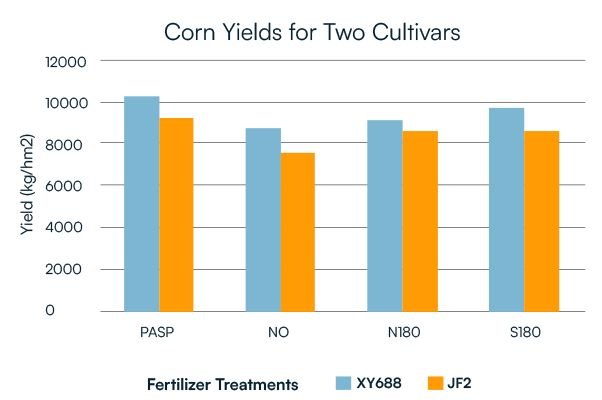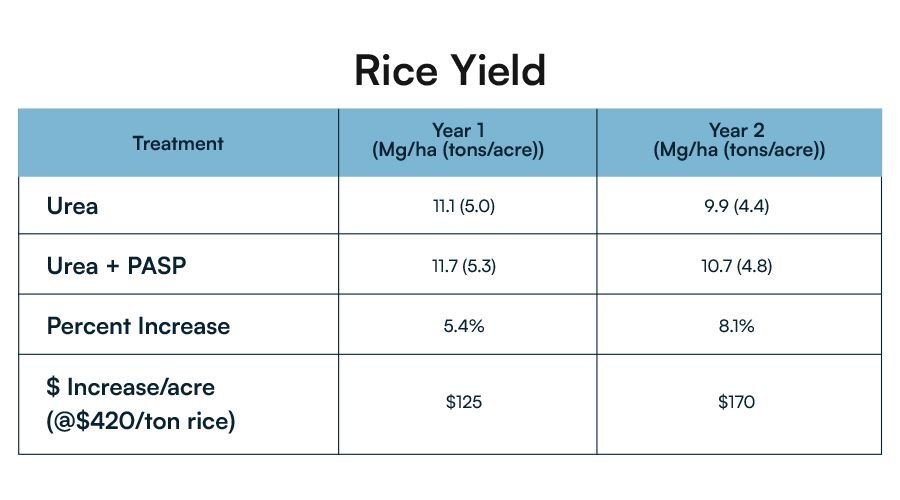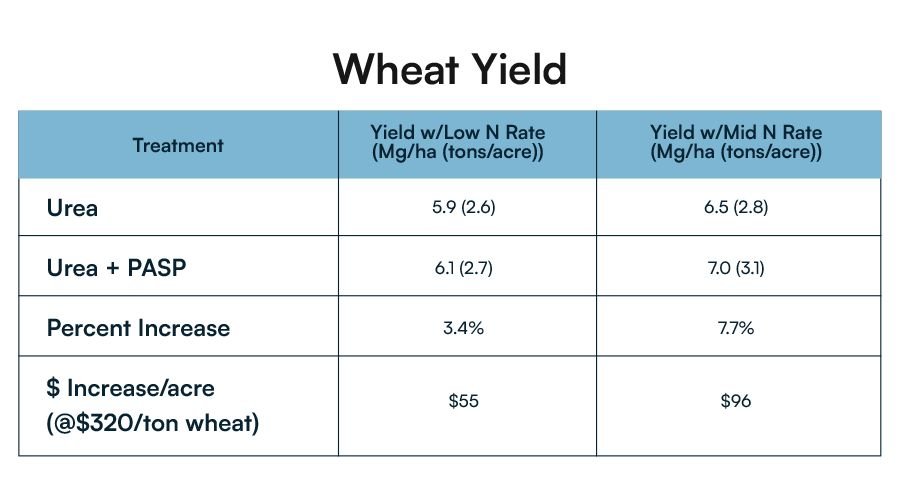
Soil Agronomy Sees Increased Yields and ROI With Soltellus™
Soil Agronomy Sees Increased Yields and ROI With Soltellus™ Polyaspartate
June 30, 2023
3 minutes
Agronomy
By Clint Hoffmann
Download Free Agronomy GuideSoil Agronomy Sees Increased Yields and ROI With Soltellus™
Farming is a highly efficient system with better-established and more granular data than even a decade ago. This is valuable to growers to optimize the impact of their investments in each crop’s success.
Every decision about soil and crop health must spring from a solid understanding of the return on investment. Every input must be carefully weighed to maximize financial returns so farmers are careful when selecting new products.Preferred products will need data-driven evidence to show that they support plant growth and soil health. One such chemical that is attracting the attention of the farming industry is polyaspartate.
The Data Favors Soltellus™ Polymer as a Yield Booster
Polyaspartate is a water-soluble polymer that’s derived from aspartic acid — a simple amino acid. Polyaspartate biodegrades in soil. This polymer has versatile properties as a soil amendment, water softener, and more, but perhaps its most promising application in soil agronomy is to boost nutrient use efficiency and limit leaching into ground and surface waters.
Polyaspartate holds critical nutrients in the root zone for longer, slowing down water’s ability to wash away the critical nutrients as it moves through the soil column and fertilizer. The result is improved nutrient availability and uptake. Because polyaspartate is biodegradable, it also presents little or no threat to soil health or water that has passed through the soil.
As little as a 1% formulation of polyaspartate can have a noticeable impact on soil performance and crop growth, with yield increases ranging from 4-10%. Acloser look at the data demonstrates how these results play out.
Soltellus™ Polymer Fertilizer Increased Corn Yields 5-10%
Data on two cultivars have shown a strong impact of fertilizer treated with polyaspartate on corn yield. With only a 0.3% w/w of polyaspartate, yields were boosted from 5% to 10.6%.

Urea treated with polyaspartate had the greatest impact on yield when compared with treatments of N0 (no nitrogen fertilizer), N180 (standard formulation of 180 kg/ha nitrogen fertilizer), and S180 (a specialized slow release urea) on the fields.
Soltellus™ Polymer Increased Rice & Wheat Yield by 4-10%
Rice and wheat yields were similarly boosted by adding polyaspartate to fertilizers. This study on a rice crop showed substantial return on investment (ROI) across two years with polyaspartate treatments versus standard urea treatments.

A separate study on a wheat crop compared low-nitrogen yields and mid-nitrogen yields, with and without polyaspartate treatments. In both cases, the results from polyaspartate were significantly better.

The studies on the whole show a potential for 3-10 times ROI with consideration for the low cost per acre of incorporating polyaspartate into the crop’s growth process. Optimized polyaspartate formulations such as Soltellus™ can potentially reduce costs even further, to potentially under $30 an acre, depending upon the crop and the soil.
Soltellus™ Polymer is a Promising Yield Enhancer
As an alternative to persistent chemicals in other common fertilizer coatings used today, such as polyacrylates and EDTA (ethylene diamine tetraacetic acid), biodegradable Soltellus can boost yields, and provide substantial ROI. Farming operations can differentiate themselves by moving away from chemicals that present environmental concerns and embracing an eco-friendly product supported by the bioengineering minds of Lygos and by data, and enhance crop growth.
Reach out to Lygos to learn more about Soltellus and how it can make a difference for performance of your fertilizers and yield of your crops.